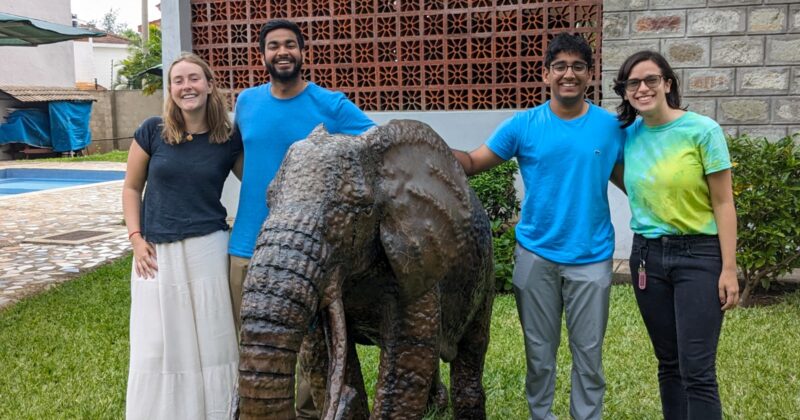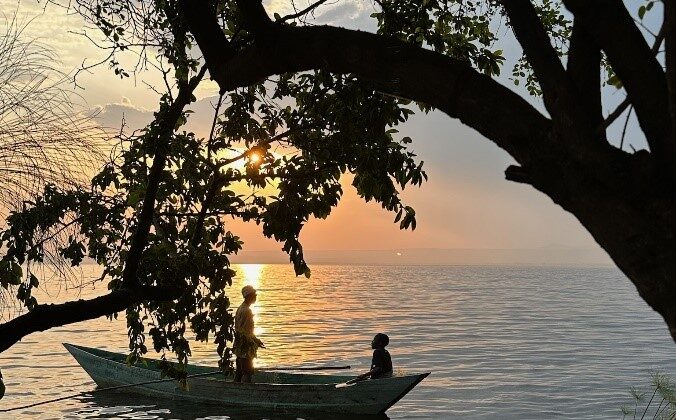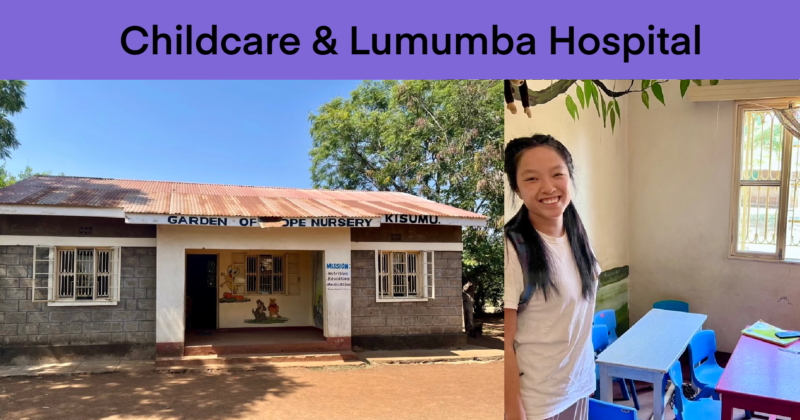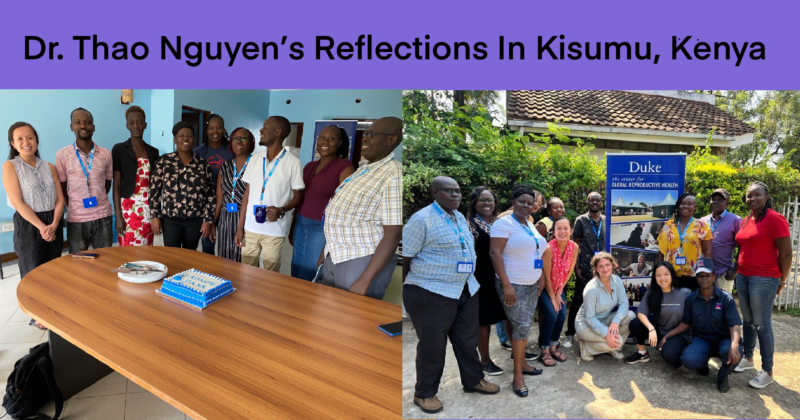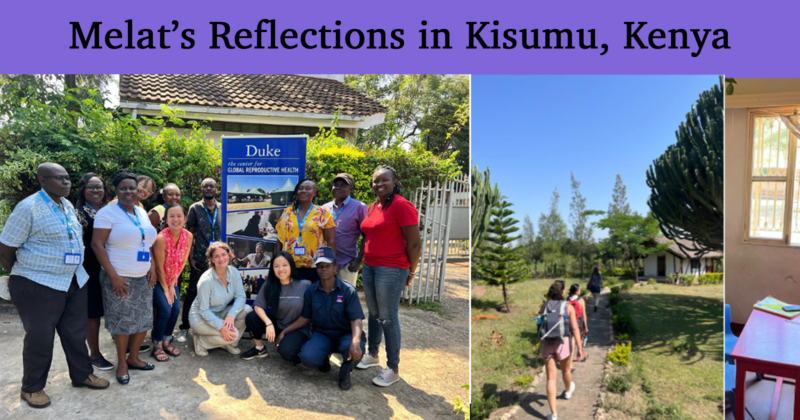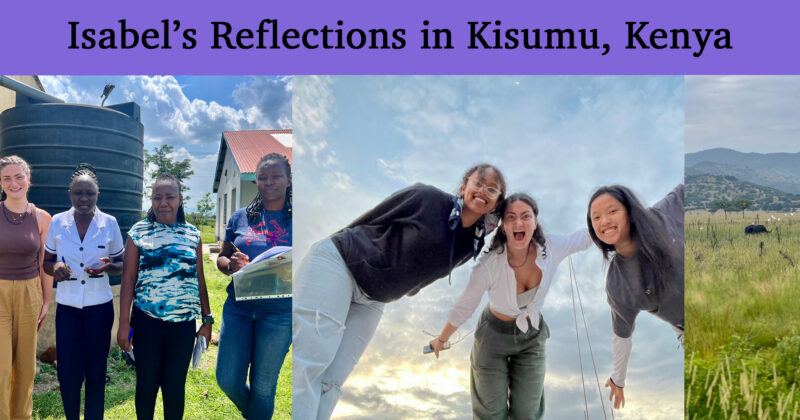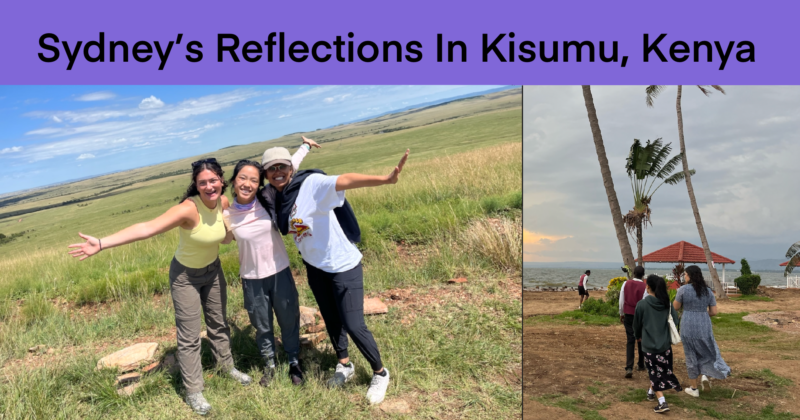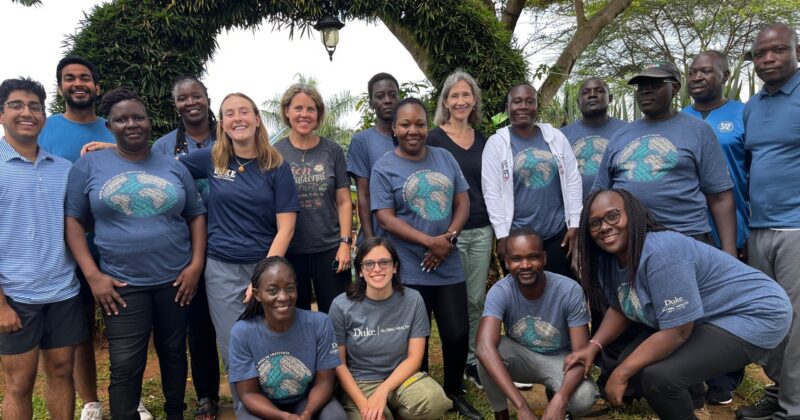
Reflections from the Field: SRT Student, Afraaz’s Reflections in Kisumu
We are rapidly approaching the end of our time here in Kisumu, and I can hardly believe it. It feels like just yesterday that we were meeting the team and getting our bearings. Skylar, Kelsey, and Sahil did a great recap in their posts, and I hope I can share a few memorable moments. We were fortunate enough to have Dr. Megan Huchko and Christina Makarushka stop here in Kisumu before attending a conference in Eldoret. While they were here, we got the opportunity to see this incredible team in action—outside of the office. As you've heard before, the local team impressively manages multiple studies and coordinates with partners across the world. However, what is most impressive to me is how well they work with each other. Last Tuesday was a team-building session led by a facilitator, featuring games such as a sponge race, egg & spoon race, and a variation of ships & sailors. During these games, the competitive and...

